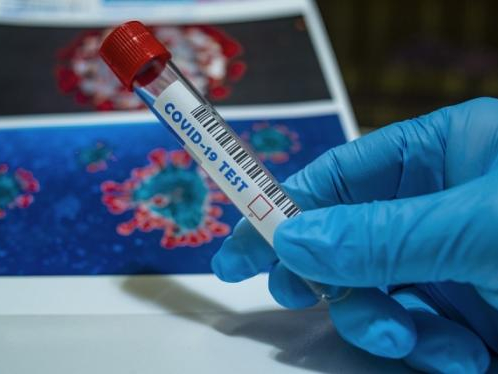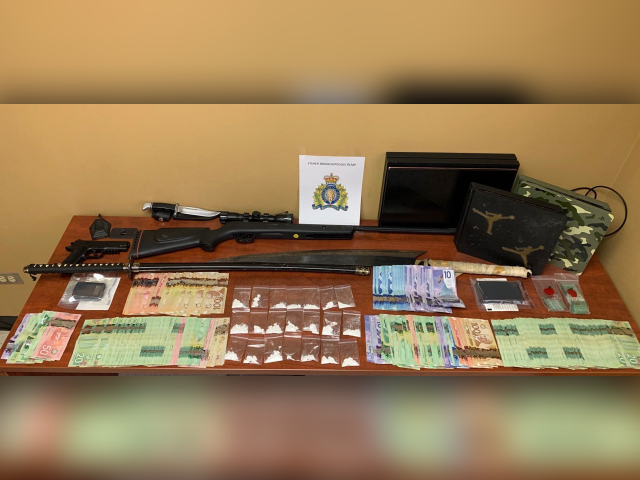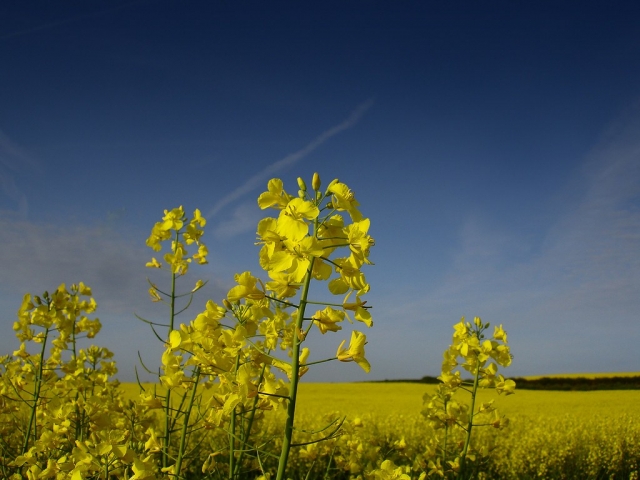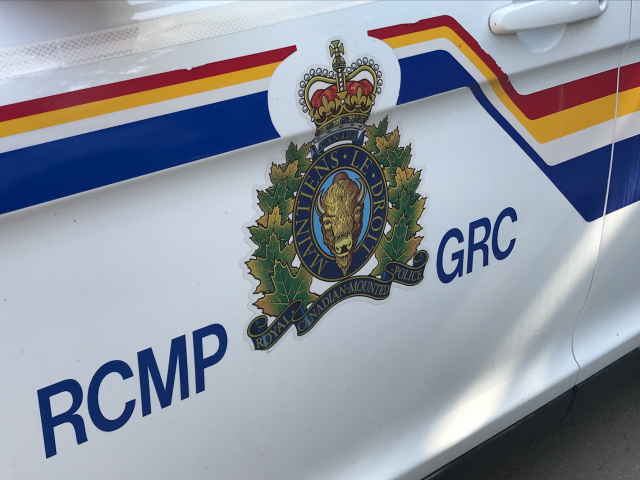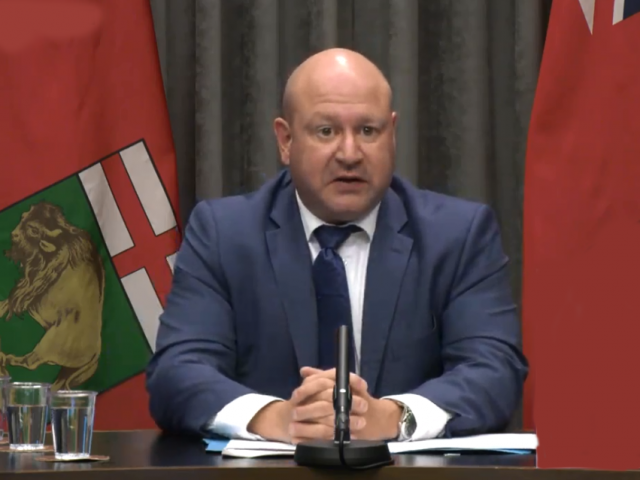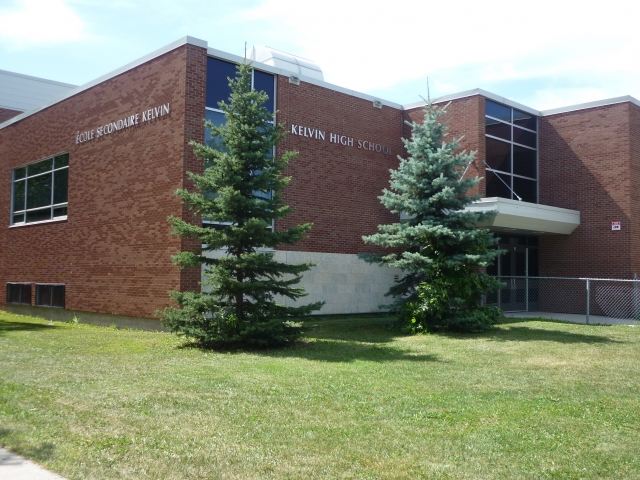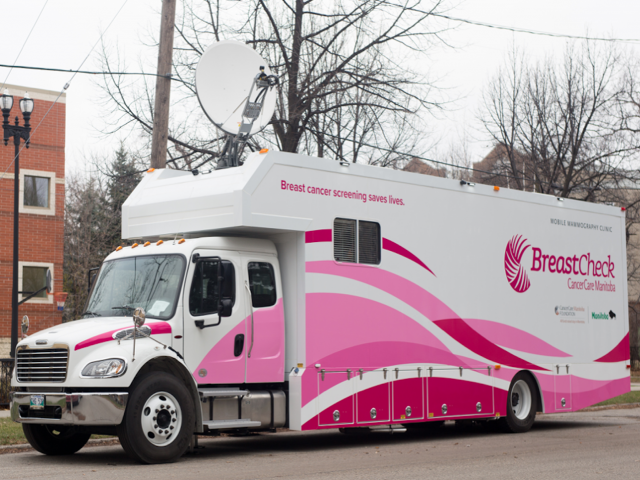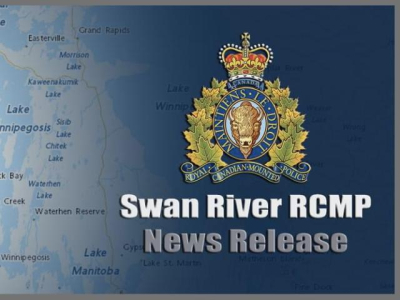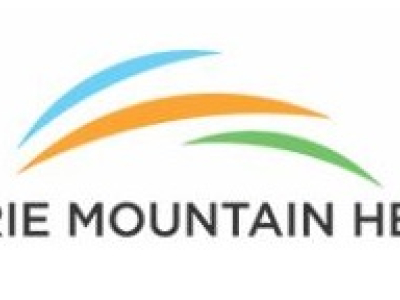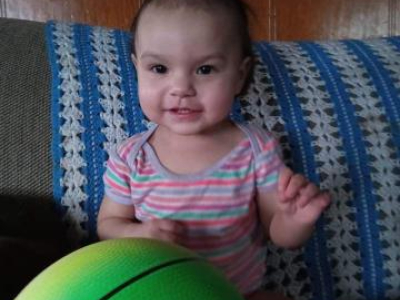 NewsNow
NewsNow
The province is introducing an appointment-based option for getting COVID-19 tests at several locations in Prairie Mountain Health.
Starting Monday, October 26, the option to book an appointment for a COVID test will begin for the sites in Dauphin, Swan River, and Brandon (Keystone Centre Site).
People can call 1-855-268-4318 (toll-free) or go online to make appointments to get a COVID-19 test at this link.
Those who attend the testing site without an appointment will not be turned away, but going forward the province is transitioning to an appointment-based system.
People are asked to arrive about 10 minutes early for their appointment to allow time to check-in and to bring their health card or government-issued identification.
Appointments are not required at drive-thru locations.
At this time, only people with symptoms are being advised to get tested for COVID-19. Appointments are expected to take about five minutes for adults and about 10 minutes for children.
See below for Prairie Mountian Health testing locations:
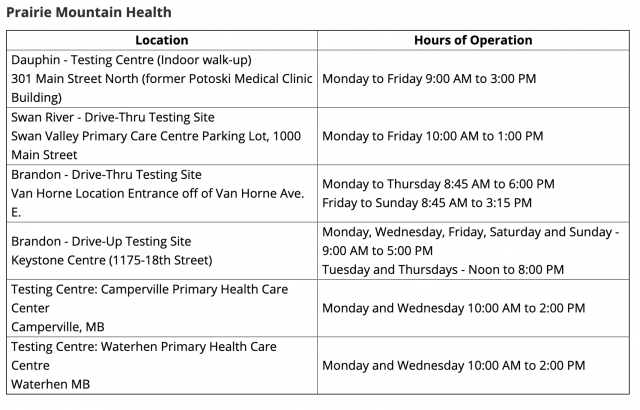
- Details
- Contributed by Matt Hamel
The provincial government is distributing over $100-million to Manitoba municipalities on a per-capita basis as part of the federal Safe Restart Agreement.
That works out to the City of Dauphin receiving $501,050.11.
Dauphin city manager Sharla Griffiths tells CKDM the City is planning to record the funding as a surplus for 2020.
“We don’t know how long the [COVID situation] will last … and we don’t want to spend this money frivolously. We want to basically put it in the bank and wait and see for a day that we need it.”
The Safe Restart Agreement is a federal investment of more than $19 billion to help provinces and territories safely restart their economies and make our country more resilient to possible future surges in cases of COVID-19.
- Details
- Contributed by Matt Hamel
Health officials announced 163 new COVID cases today, along with another death.
A man in his 80’s from Winnipeg is Manitoba’s 48th death due to COVID-19. This was a previously announced case linked to Parkview Place care home in Winnipeg.
Today’s data shows:
- One case in Prairie Mountain Health region;
- Eight cases in the Interlake–Eastern health region;
- Seven cases in the Northern health region;
- 19 cases in the Southern Health–Santé Sud health region; and
- 128 cases in the Winnipeg health region.
The following Parkland health districts have active cases: Dauphin (2), Asessippi (2), Little Saskatchewan (1), Whitemud (1). Brandon has 14 Active cases.
In the Interlake, the Eriksdale/Ashern health district has 2 active cases.
Manitoba has had 3,935 cases in total-- 1,855 are active cases, and 2,032 are recovered.
There are 51 people in hospital with 8 in intensive care.
Health officials are advising of a number of new health measures that will be put in place in Manitoba’s northern regions, and schools in the Winnipeg Metropolitan Region. These restrictions will take effect on Monday, October 26th and last for at least 2 weeks.
To stay up-to-date on COVID-19 information in Manitoba, click here.
- Details
- Contributed by Tess Kovach
Three people are facing charges after police seized drugs, cash, and several weapons from a home on Peguis First Nation.
On Wednesday, October 21, Fisher Branch RCMP executed a search warrant as part of an ongoing investigation.
A search of the residence located 48 grams of cocaine, over $19,000 in cash, several edged weapons and drug-related paraphernalia.
Two men, ages 22 and 20, were arrested along with a 21-year-old woman.
The three accused will appear in court in Peguis in January.
- Details
- Contributed by 730 CKDM
The newest member of the Rotary Club, Ben Philippe, joined Al Gaines in-studio Friday as part of Rotary Radio Week.
Philippe joined the Rotary Club in September.
Philippe moved to Canada about 10 years ago and Dauphin 6 years ago and says he wanted to find a way to give back.
“My family and I have been welcomed so warmly by the community and offered so many opportunities that I started thinking, how can I give back? One of the Rotary members said ‘well, think of the Rotary’ and I gave it some thought and I said, yeah I think it would be a great way to give back to the community.”
He says the pandemic has made it an interesting year to join the Rotary Club and he’s still discovering lots.
Philippe was introduced to the club by Mel Wyshynski while they were working together.
“We talked about it and he showed me what Rotary is about and how to join. I attended three meetings, I was invited by the club, and I decided to step forward and put my application in and it was accepted, so, I’m delighted.”
The Rotary Club meets once a week on Tuesdays.
If you missed club president Wanda Sime yesterday, click here.
- Details
- Contributed by Isaac Wihak
Harvest in Manitoba is sitting at 98% complete — well ahead of the yearly average.
Manitoba Agriculture has released their final Crop Report of the season, providing a summary of the 2020 crop year.
Crop Yields
The yearly summary shows crop yields have been average for most cereals and canola, and disappointing to farmers in some areas, though average to slightly better than average in others.
Yields for later season crops like soybeans, corn, and sunflowers have been a pleasant surprise, given a dry August and September.
Sunflower yields in particular are expected to be near-record average highs.
Weather
Most parts of agro-Manitoba were between 70 to 80% of normal precipitation for the season, though certain districts experienced more or less, particularly where intense thunderstorms left flooded fields north of Brandon and the extreme southeast of the province.
Insects
Widespread insect issues caused grower concerns with flea beetles in canola, cutworms in several crops and grasshoppers nearly ubiquitous across Manitoba. Insecticide applications were made on a case-by-case basis as populations varied greatly, together with beneficial species presence
Livestock Feed
Livestock feed supply has been a challenge this year, because of three consecutively dry summers, depending on locale. Forage yields have generally been 33 to 66% of normal, causing cattle producers to look at alternative feed sources, such as baling non-conventional crop residue and increased greenfeed silage.
For more information on the 2020 crop summary from Manitoba Agriculture — including full reports broken down by region — click here.
- Details
- Contributed by Matt Hamel
Health Canada has extended its recall on Cottonelle Flushable Wipes.
The product was originally recalled on October 9th due to potential bacterial contamination.
The recall includes six different products which can be determined by their UPC code on the bottom of the package:
- Cottonelle Flushable Wipes, Flip Top, 42 Count, UPC: 036000449327
- Cottonelle Flushable Wipes, Flip Top, 2 PK x 42 Count, UPC: 036000359701
- Cottonelle Flushable Wipes, Flip Top, 4 PK x 42 Count, UPC: 036000434781
- Cottonelle Flushable Wipes, Flip Top, CA Pallet 10 PK x 56 Count, UPC: 036000486742
- Cottonelle GentlePlus Flushable Wipes, Flip Top, 42 Count, UPC: 036000497762
- Cottonelle GentlePlus Flushable Wipes, Flip Top, 2 PK x 42 Count, UPC: 036000489859
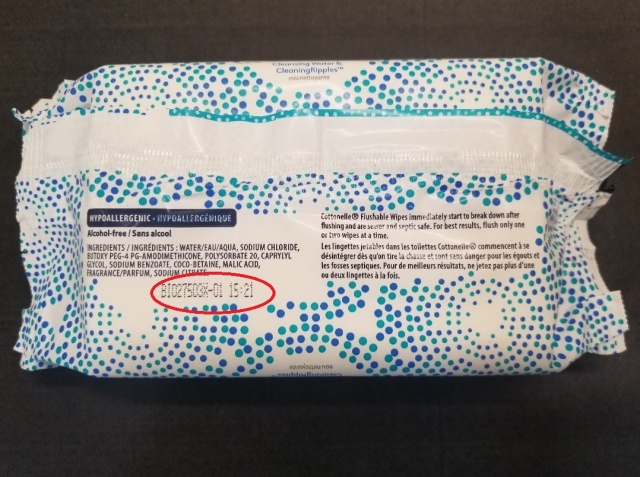
Health Canada advises anyone who has these products stop using them immediately and throw them out.
- Details
- Contributed by Tess Kovach
Two teens are dead after falling through thin ice.
On Wednesday, October 21st at around 2:45 a.m. officers received reports of two males trying to enter a home in Delta, just north of Portage La Prairie.
The pair told the homeowner that they were looking for the home of someone they knew. The homeowner was concerned and called police.
When officers arrived the males fled, and while searching, officers heard calls of distress coming from a nearby marsh.
Police discovered that they had broken through the ice and fell into the water. The two males, an 18-year-old from Brandon and a 17-year-old from Portage la Prairie did not resurface.
Their bodies were recovered later that day.
- Details
- Contributed by Tess Kovach
Public health officials are introducing more restrictions for Manitoba’s Northern region.
Dr. Brent Roussin says the added restrictions — which go into effect on Monday, October 26 — will be the same as those currently in place in the Winnipeg Metropolitan Region, which include:
- reducing gathering sizes;
- closing of casinos, bingo halls and entertainment facilities with a license under the Liquor, Gaming and Cannabis Control Act that requires the licensee to present live entertainment must close to members of the public, with the exception of providing food for take-out or delivery;
- limiting the occupancy of other licensed businesses, retail businesses and restaurants of 50 per cent of their usual capacity;
- limiting the occupancy of personal service businesses of 50 per cent of their usual occupancy or one person for each 10 square metres of the premises that is open to the public, whichever is less; and
- requiring a restaurant or licensed premises, theatre, museum, gallery, library, personal service business, concert hall, or fitness facility to keep contact information for members of the public attending their premises and maintain those records for 21 days to support contract tracing.
The Northern Region and Churchill are currently listed as ‘orange’ on the Pandemic Response System. The region is home to 45 active cases of COVID-19.
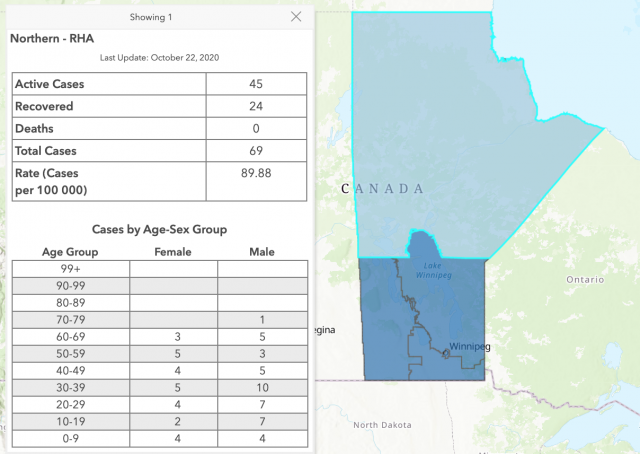
Travel restrictions north of the 53rd parallel remain in effect — but there are a number of exemptions for Manitobans who live in that region, employees of critical businesses, government officials and health care providers.
- Details
- Contributed by Matt Hamel
Public health officials are introducing new measures for schools in both the Winnipeg and Northern Health regions, in response to rising COVID-19 case numbers in those areas.
On Thursday, chief provincial public health officer Dr. Brent Roussin announced the new measures — which he says will go into effect as of Monday, October 26:
• Schools must ensure two metres of physical distancing to the greatest extent possible, and adjust classroom space as necessary; excess furniture must be removed from classrooms to create additional space; and other spaces within schools must be repurposed to accommodate more distancing (e.g., multipurpose rooms, empty rooms, shared spaces, common areas and libraries).
• Extracurricular activities are only permitted if all learning and distancing requirements have been met. If these activities continue, established guidelines must be followed and, in the case of sports, participants should maintain distance when not active.
• Teachers and staff who move across cohorts of students, including substitute teachers, are required to wear medical masks. Medical-grade disposable masks have been issued to all schools. N95 masks are not required.
• Indoor choir and the use of wind instruments are not permitted.
• All field trips must be postponed or cancelled.
• Blended learning (in-class and online) for grades 9 to 12 where distancing cannot be achieved will continue as per status quo.
• Kindergarten to Grade 8 students may be offered a temporary remote learning option for the duration of the Restricted level (orange).
These measures beginning next week are only for schools in the Winnipeg Metropolitan Region and the Northern health regions.
- Details
- Contributed by Matt Hamel
CancerCare Manitoba’s mobile mammography screening clinic will be in Russell and Rossburn in the coming weeks. The clinic was in Roblin from October 16th to 22nd.
Health educator with the Cancer Care Manitoba Screening Program, Laryssa Sawchuk explains more about their stops around the Parkland.
“The mobile screening mammography clinic is for women aged 50 to 74 to come and have their breast cancer screening completed. It’s for women who don’t have signs or symptoms of breast cancer. It’s just a quick appointment and they can come to our clinic for about 10 to 20 minutes. We’ll ask them a few health questions and then perform the test.”
She stresses the importance for women to get regular screening to catch early signs of breast cancer.
The mobile clinic will be in Russell from October 26th to 29th, and in Rossburn from November 3rd to 5th.
- Details
- Contributed by Tess Kovach

